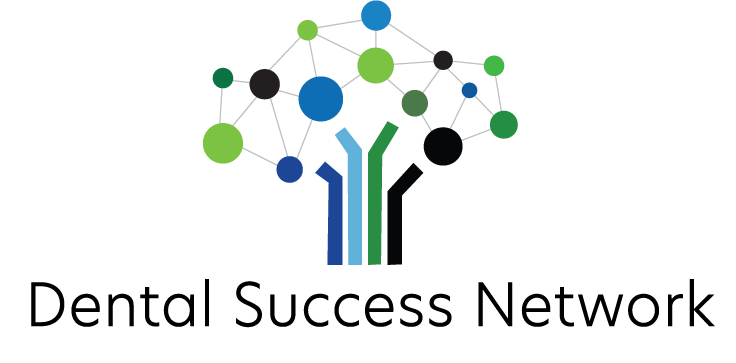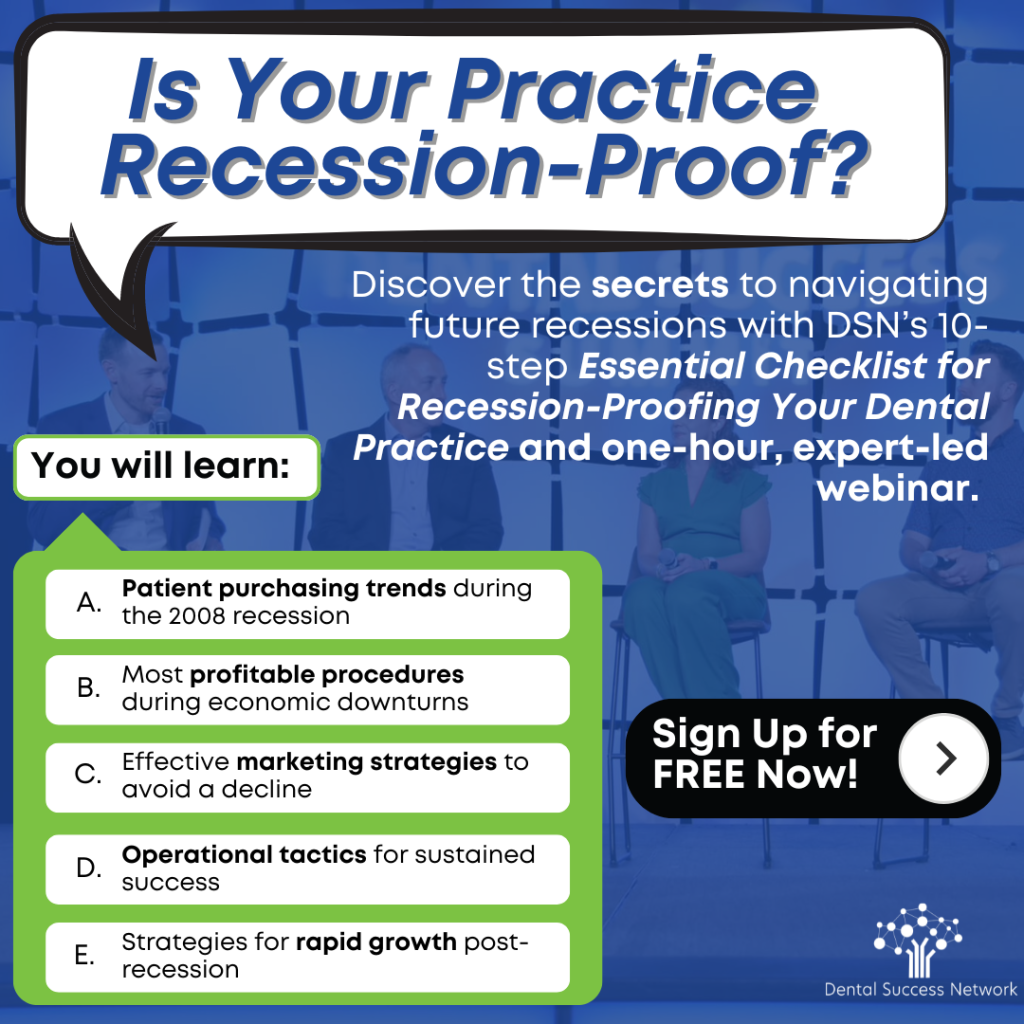The 2024 Nobel Prize in Physics was awarded to John Hopfield, a professor at Princeton University, and Geoffrey Hinton a computer scientist at the University of Toronto, for their groundbreaking discoveries in machine learning and artificial intelligence, which laid the foundation for much of what we now understand about ChatGPT and similar programs. Their pivotal work in developing machine learning techniques power many of today’s AI-based products and applications. This recognition highlights the growing influence of artificial intelligence across various fields, including healthcare and dentistry. These advancements are enabling more precise and efficient diagnostic tools, fundamentally changing how we approach patient care.
In dentistry, AI is becoming a game-changer, especially in interpreting radiographs. These intelligent systems can quickly analyze images, identify potential issues, and even predict treatment outcomes with a level of accuracy that was unimaginable just a few years ago. By integrating AI into our diagnostic processes, we’re able to provide patients with faster and more reliable insights into their oral health, which ultimately leads to better treatment planning. Ideally, this also fosters greater trust as AI software can create redundancies and demonstrate agreement with clinical assessments.
However, while technology like AI is undeniably valuable, it’s not the ultimate factor that will determine our success in the dental field. The real difference comes from the little things AI can’t replicate—like the warmth in your voice when answering the phone or the genuine interest you show in building relationships with your patients. These human touches create a foundation of trust that technology alone can’t provide.
Building that trust also extends to how we discuss treatment options with our patients. No AI system can replace the empathy and understanding required when guiding a patient through their choices, addressing their concerns, and making them feel comfortable with their decisions. It’s these moments of personal connection that set us apart and ultimately lead to the kind of patient loyalty and satisfaction that technology can never fully achieve.
So, while we should embrace AI to enhance our practices, let’s never lose sight of what truly makes us successful—the human element. It’s the way we engage with our patients, create lasting relationships, and handle even the smallest details with care that will always be the true foundation of our practice’s growth and success.
I love software and all the things it can do—maybe you do too. But just remember, nothing replaces the relationships we have with our patients or the way we communicate as human beings.
Be well and do well,
Addison Killen
P.S. Want to learn more about how you can integrate cutting-edge technology while strengthening your human connections in practice? Join Dental Success Network today! With our vibrant community of dentists, exclusive discounts on essential vendors, and access to continuing education, you’ll find the support you need to stay ahead in the ever-evolving dental field!




